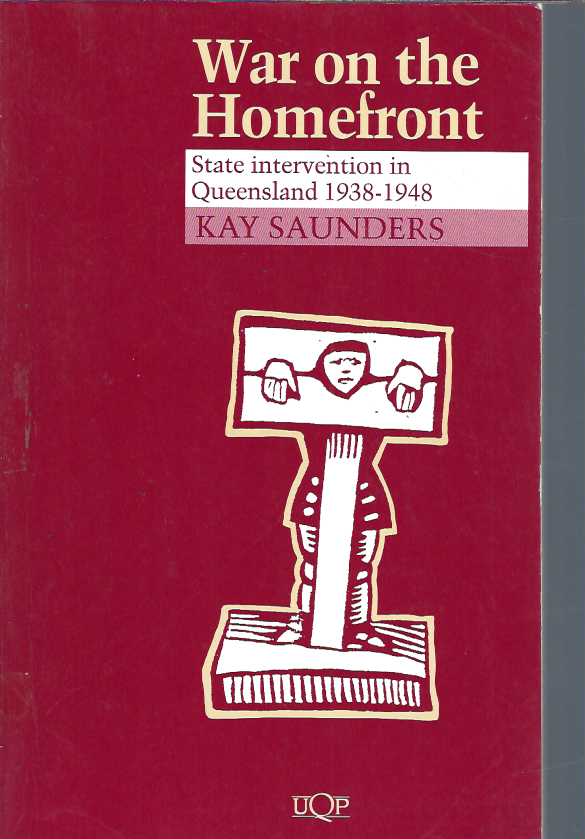Study which uses the example of Queensland’s wartime experiences to examine how war can divide rather than unite home front communities. During World War II, the Queensland state government increased its powers and legitimised prejudicial treatment of minorities such as visiting black soldiers, unionists and communists, and resident Japanese and German citizens. The author is a reader and associate professor in history at the University of Queensland. Her other publications include ‘Race Relations in Colonial Queensland’ and ‘Workers in Bondage’.
Introduction: War, Society and the Statep. 1 Managing the Emergency: The Designation and Delegation of Powers, 1938-48p. 9The Enemy Within? The Process of Internment of Enemy Aliens, 1939-45p. 33 The Management of Segregation: Black American Servicemen in Queensland, 1941-45p. 59 The Policing of Morals: State Intervention into Public Health 1937-45p. 81 “Red Baiting is an AWU Habit”: Surveillance and Prosecution of Communists, 1939-45p. 106 Who Really Governs This Country? State Intervention During the 1946 Meat Workers’ Strike and the 1949 Railway Strike p. 124 Conclusion p. 142 Notes p. 148 References p. 175 Index
ix, 190 p., [8] p. of plates : ill., 1 port. ; 22 cm. #060822 First Edition.
| World War, 1939-1945 — Queensland. | Human rights — Queensland. | Queensland — Politics and government — 1922-1945. | Queensland — Politics and government — 1945-1965. |
